You are leaving our Website
Using an external Link:
You are now leaving our website. The following page is operated by a third party. We accept no responsibility for the content, data protection, or security of the linked page..
URL:
SC470: Secure Development Principles
Training: Security - Software Development - Certifications
Software developers and architects learn the fundamentals of secure software development in a professional environment. The course covers business and threat modeling, risk treatment, as well as all components of the Secure Development Lifecycle, from requirements analysis and design to implementation, testing, and deployment. Numerous interactive practical examples deepen understanding and promote the active integration of participants’ own experiences.
Start: 2026-06-29 | 10:00 am
End: 2026-07-02 | 05:00 pm
Location: Nürnberg
Price: 2.850,00 € plus VAT.
Start: 2026-11-16 | 10:00 am
End: 2026-11-19 | 05:00 pm
Location: Nürnberg
Price: 2.850,00 € plus VAT.
Agenda:
- Introduction
- What is secure coding and what is it not
- Terminology and concept of training
- Requirement gathering
- Business requirements (business area, processes, assets, etc.)
- Project requirements (code maturity, internal functionality requirements, budget, legal requirements, etc.)
- Threat model (protection goals, identification of attack vectors, risk management, mitigation strategies)
- Secure design
- Secure Design Principles (bugchains, security by design, Viega's and Graw's Principle)
- Robust Architecture (application components, the dependency rule, service mesh)
- Robust Technology Design (development considerations, supply chain considerations)
- Secure implementation
- OWASP Top 10, CWE, best practices
- Authentication (identification & authentication, broken access control)
- Processing (input parsing, injection)
- Storage (software & data integrity, cryptographic failures, logging & monitoring failures)
- Testing
- Automated testing (test cases, test setups, tools)
- Penetration testing (concept, methods, tools)
- Chaos engineering (concept, resilience, case study)
- Deployment & maintenance
- Launch (release strategies, hypercare)
- Longterm support (change management, feature requests, future proof)
- Disaster recovery (backups, supply chain, business continuity)
- Learning progress review / exam
Objectives:
The SC470 Secure Development Principles course provides:- Identify vulnerabilities in concepts and architectures
- Identify business critical assets
- Develop and describe attack vectors
Target audience:
The SC470 Secure Development Principles training is ideal for:- Software project managers / product owners
- Business analysts / requirements engineers
- IT consultants
- Junior software/cloud architects
- Junior software developers
Prerequisites:
In order to be able to follow the course content and pace of learning in the SC470 Secure Development Principles workshop, professional experience in software development is helpful. Programming knowledge is not a prerequisite.Description:
The SC470 Secure Development Principles workshop teaches you the theoretical principles of secure software development in a professional environment.
In addition to robust architecture, the focus is on business and threat modeling as well as risk handling. You will learn about all the building blocks of the secure development lifecycle: requirement gathering, secure design, secure implementation, secure testing and deployment. Specifically, the topics of business and project requirements, threat modeling and secure design will be covered.
The workshop places particular emphasis on current concepts, which are explored in depth using numerous interactive practical examples. This gives participants the opportunity to actively contribute their own experiences and requirements. By the end of the workshop, participants will have gained a solid understanding of secure software development in a professional environment and will be able to plan robust and secure applications and support their implementation.
The course is part of the "qSkills™ Secure Software Quadrant", which consists of:
- SC460 Secure Architecture and Design
- SC470 Secure Development Principles
- SC475 OWASP Security Champion
- SC480 Secure Operations
Guaranteed implementation:
from 2 Attendees
Booking information:
Duration:
4 Days
Price:
2.850,00 € plus VAT.
(including lunch & drinks for in-person participation on-site)
Exam (Optional):
100,00 € plus VAT.
Appointment selection:
Authorized training partner
Authorized training partner
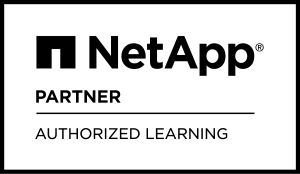
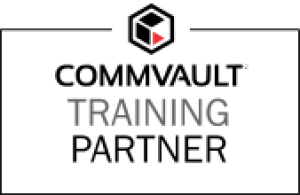

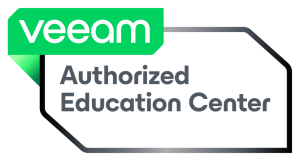
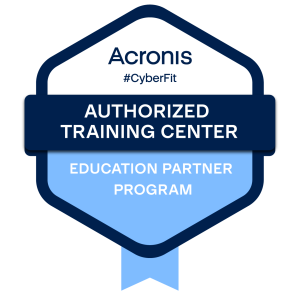
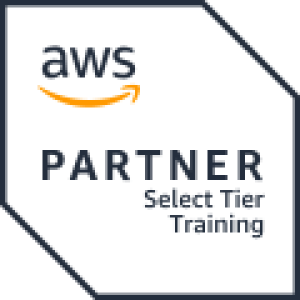
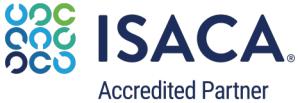
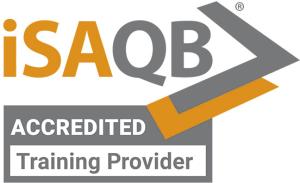

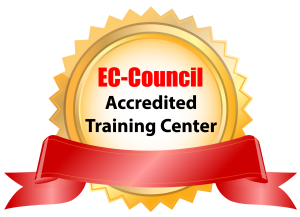
Memberships
Memberships
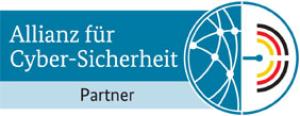


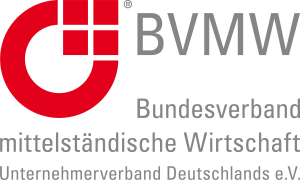

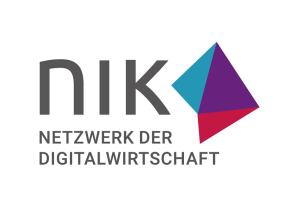


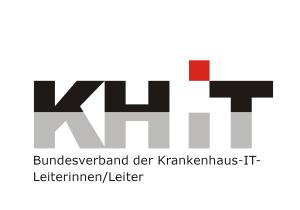




Shopping cart
SC470: Secure Development Principles
was added to the shopping cart.

